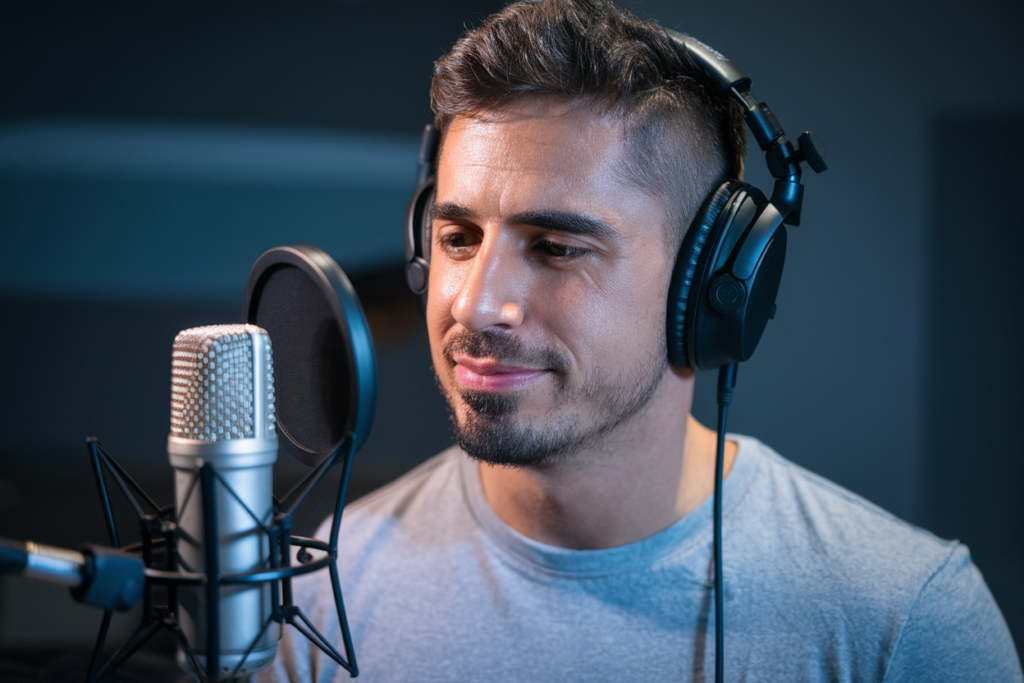The linguistic identity of Galician is a topic that sparks passionate debate among scholars, politicians, and everyday speakers alike. As a unique language with deep historical roots in the northwest of Spain, Galician has been shaped by centuries of cultural exchange and political change. Yet its status and recognition continue to be contested in modern society.
I find it fascinating how language can serve as both a marker of identity and a point of contention. The ongoing discussions about Galician’s place within Spain highlight broader themes of nationalism, regional pride, and cultural preservation. In this article, I’ll explore the various perspectives surrounding Galician linguistic identity and what it means for the people who speak it today.
Context of Linguistic Identity Debate
The debate surrounding the linguistic identity of Galician is rooted in its historical evolution and socio-cultural dynamics. Understanding these facets provides insight into the ongoing discussions about its status today.
Historical Background
Galician evolved from Latin, influenced by Celtic languages and local dialects. In the Middle Ages, it flourished as a literary language but faced decline during Spanish centralization in the 16th century. The 20th century saw a revival, particularly after Spain’s transition to democracy in the late 1970s, which fostered regional identities. This historical context shapes current debates over Galician’s recognition within Spain and its relationship with Portuguese, complicating perceptions of linguistic identity.
Socio-Cultural Influences
Socio-cultural factors significantly impact perspectives on Galician’s identity. Regional pride plays a crucial role; many view Galician as a marker of cultural heritage and distinctiveness from Castilian Spanish. Educational policies influence language usage; schools promoting bilingual education often strengthen students’ ties to their linguistic roots. Furthermore, media representation affects public perception—popular music and literature in Galician contribute positively to its status among younger generations while fostering pride among speakers.
Key Stakeholders in the Debate
The debate about Galician’s linguistic identity involves various stakeholders, each contributing unique perspectives and influences. Understanding these key players is essential for grasping the complexities surrounding Galician.
Government Bodies
Government bodies play a vital role in shaping language policy and recognition. The regional government of Galicia is responsible for promoting Galician through legislation, educational initiatives, and cultural programs. For instance, their Language Policy Framework aims to enhance the presence of Galician in public life and education. At the national level, Spain’s Constitution acknowledges linguistic diversity but often prioritizes Castilian Spanish, complicating efforts for broader support of Galician.
Linguistic Associations
Linguistic associations advocate for the preservation and promotion of Galician as a distinct language. Organizations like A Mesa pola Normalización Lingüística work tirelessly to protect linguistic rights and push for greater institutional support. They engage in campaigns that raise awareness about the importance of maintaining Galician’s status while fostering dialogue among speakers. Their impact can be seen through initiatives that encourage use in media, literature, and community events.
Local Communities
Local communities are at the heart of this debate, as they embody everyday experiences with the language. Many residents view speaking Galician not only as a cultural asset but also as an expression of regional identity. Grassroots movements advocate for increased use within families and social settings, emphasizing its importance across generations. Additionally, local schools often serve as hubs where younger populations engage with their linguistic heritage through bilingual education programs that celebrate both Galician and Spanish languages.
Each stakeholder contributes significantly to understanding how society perceives and interacts with Galician today.
Major Arguments in the Debate
The debate over Galician’s linguistic identity involves several key arguments that reflect its historical, cultural, and political dimensions. Each aspect plays a significant role in shaping perceptions of the language today.
Language Preservation
Language preservation is crucial for safeguarding Galician’s future. Advocates emphasize the need for policies that promote its use in education and public life. Initiatives such as bilingual education programs allow students to engage with their linguistic heritage while developing proficiency in both Galician and Spanish. Additionally, community-led efforts focus on revitalizing traditional practices and ensuring intergenerational transmission of the language. These strategies not only enhance fluency but also reinforce cultural ties among speakers.
Identity and Heritage
Identity and heritage are integral components of the discussion surrounding Galician. Many view Galician as an essential marker of regional identity, distinguishing it from Castilian Spanish. The emotional connection to the language fosters a sense of belonging among speakers, reinforcing pride in their unique cultural background. Festivals, literature, and music in Galician further celebrate this heritage, contributing to ongoing discussions about what it means to be part of Galicia’s community. This shared identity underscores the importance of recognizing Galician as a vital expression of local culture.
Political Implications
Political implications significantly influence the debate about Galician’s status. Government policy shapes how languages are recognized within educational systems and public institutions. Regional authorities advocate for legislation that affirms Galician’s co-official status alongside Spanish; however, challenges remain due to varying levels of support from national governments. Some argue that greater autonomy could enhance recognition for regional languages like Galician, while others fear potential fragmentation within Spain’s linguistic landscape. These discussions highlight how political factors directly impact language vitality and societal attitudes toward linguistic diversity.
Recent Developments
Recent developments in the debate about Galician’s linguistic identity reflect ongoing efforts to strengthen its recognition and promote cultural pride. These changes involve legislative actions and community initiatives that play crucial roles in shaping public perception.
Legislative Changes
Legislative changes in Galicia significantly impact the status of the Galician language. In 2022, the regional government introduced reforms aimed at enhancing bilingual education programs in schools. These reforms emphasize teaching subjects in both Galician and Spanish, fostering fluency among younger generations. Additionally, new laws aim to increase Galician’s presence in public administration, ensuring that official documents are available in both languages. Such measures reinforce the importance of Galician as a key component of regional identity and cultural heritage.
Community Initiatives
Community initiatives also contribute to promoting Galician and enhancing its visibility. Local organizations launched campaigns encouraging businesses to adopt Galician signage, creating a more inclusive environment for speakers. Cultural festivals celebrating Galician literature, music, and arts attract participation from diverse age groups, reinforcing community ties through shared heritage. Furthermore, social media platforms serve as spaces for individuals to express their experiences with the language, helping to create vibrant online communities dedicated to preserving and advocating for Galician identity.
Conclusion
The ongoing debate about Galician’s linguistic identity reveals much more than just a struggle for recognition. It’s a reflection of the deep-rooted connections between language and cultural heritage. As I observe the passionate discussions surrounding this topic, I see how vital it is for communities to engage with their linguistic roots.
Recent legislative changes and community initiatives highlight a growing commitment to preserving Galician. These efforts not only strengthen its presence in education and public life but also foster pride among younger generations. It’s inspiring to witness how individuals are using social media platforms to advocate for Galician, creating vibrant spaces that celebrate its unique identity.
Ultimately, the future of Galician lies in the hands of those who cherish it. By continuing this dialogue and promoting its use, we can ensure that this beautiful language thrives for years to come.








